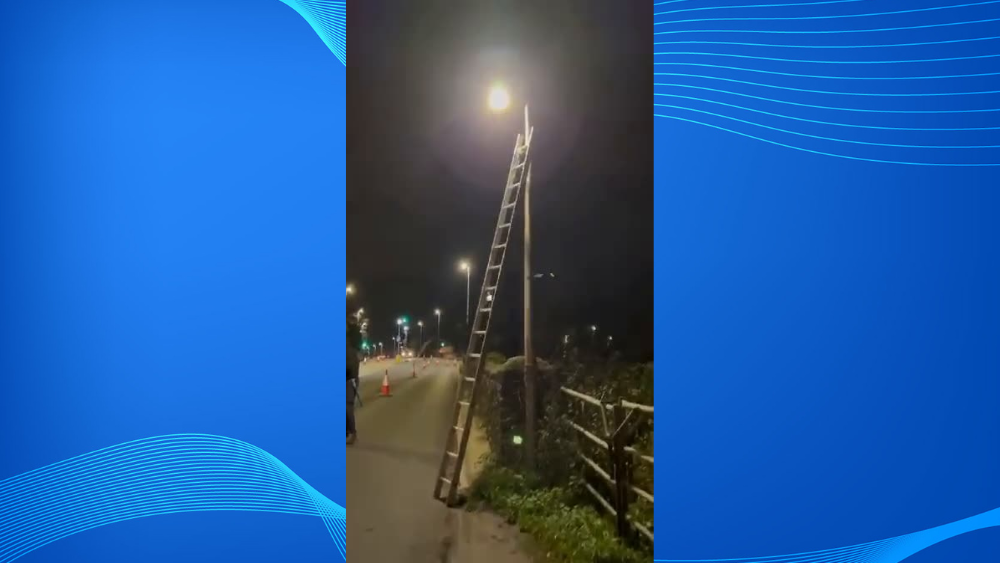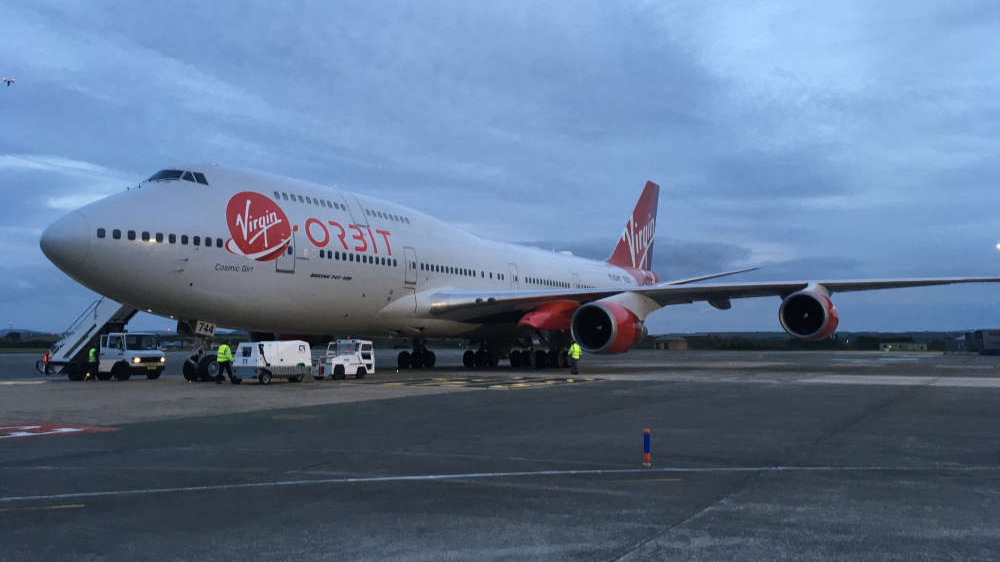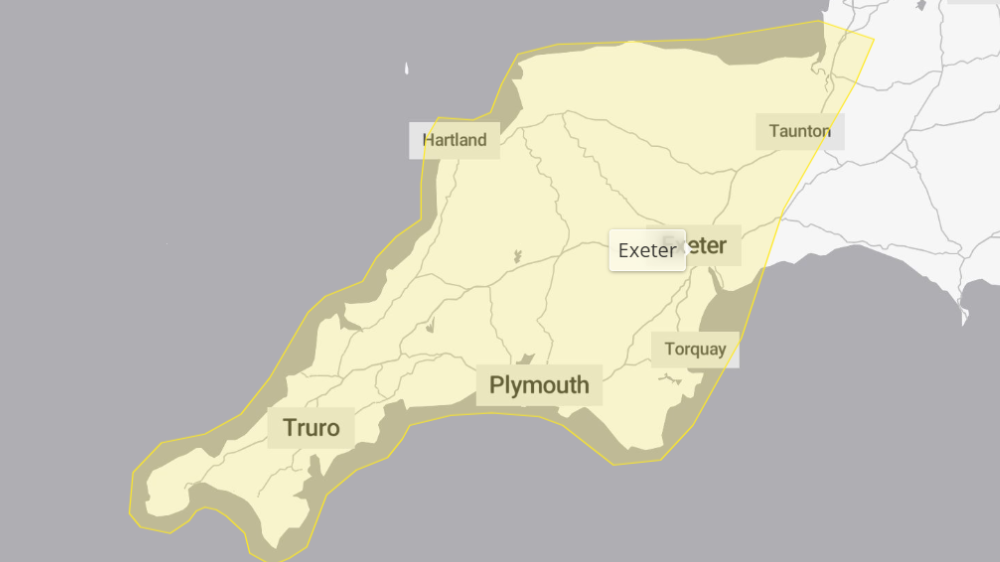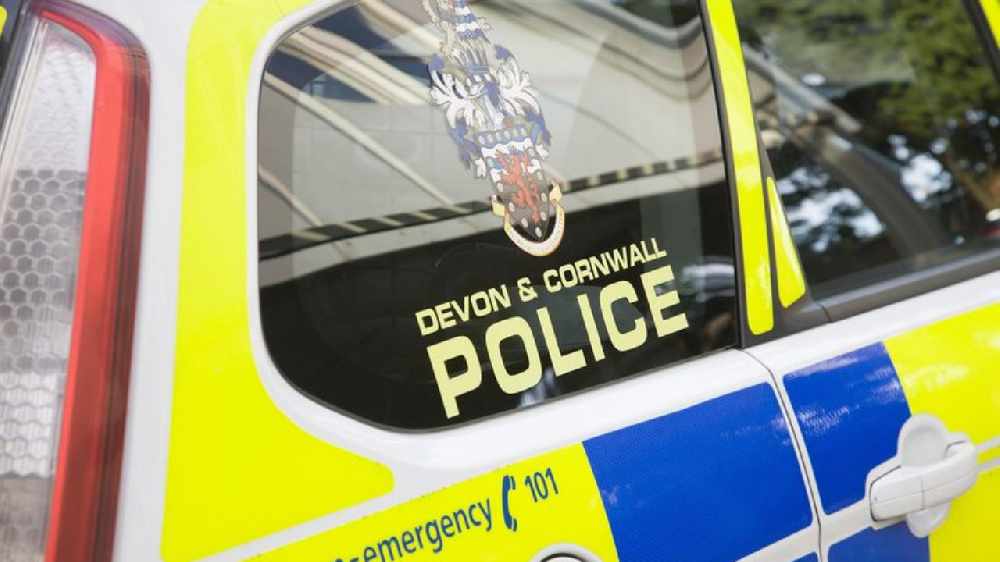
Polls could happen every 4-years
Voters in Plymouth could be asked whether they want fewer local elections.
Right now a third of councillors are elected every year, followed by one year in which no voting takes place.
But on Monday the council’s audit and governance committee on Monday (5 September) said the public should be consulted on whether to have “whole council” elections every four years instead.
In an extra general meeting of the committee, members recommended to the full council that a public consultation takes place between June and August next year on whether to change the election cycle.
Committee members would oversee how the consultation would take place.
A report highlighted several advantages of all-out elections every four years including;
People can vote on four-year manifestos and long-term commitments
Clearer opportunity for people to change the political composition of the council
Significant cost savings
Voters more likely to understand the election cycle
Same electoral cycle as the police and crime commissioner and combined authority Mayoral elections which take place every four years
Fewer elections may mean less election fatigue and voter apathy.
But some members of the committee criticised details in a report presented to them, including leader of the Labour group and councillor for Ham, Tudor Evans.
Cllr Evans said: “This is an 11-year period where it is said here we will save £1.1 million over 11 years, which is £100,000 a year.
“What is the total spending of the council over that 11 year period? And what proportion of that is represented by the cost of elections?”
There were also concerns about how many people would take part in a consultation process.
Labour councillor for Honicknowle Mark Lowry suggested a low number of participants would invalidate the process.
“How is the committee going to feel when you’ve got 500 comments back and it’s only 0.2, 0.3 or 0.8 per cent of the population, which statistically is a nonsense, really?
“How are you going to feel when you’ve got less than half a per cent of Plymouth population come back to you? And bear in mind that that vote could be 60:40.
“You know, you could be relying on 300 or 400 people with a view and opinion.”
Chair of the committee and Tory councillor for Southway Andy Lugger reminded members the committee’s only role was to decide whether the public should be consulted and to inform full council of the decision.
“The matter has been deferred to this committee for resolution today on consultation only. I think the simplest way is we just simply vote whether we go with the proposition and move it forward that way.”
Cllr Evans accepted they would not be making any final decisions on the consultation process but asked for some information in the report to be corrected before a final decision was made.
“I don’t want to hear in a month’s time or whenever we next meet that this is the basis upon which we’re consulting, because the basis upon which we are consulting is based on a table that’s wrong, with opinions that aren’t proven.
“And I want to just make sure that we don’t get any backsliding on that; that we start with a clean slate in terms of how we’re going to progress in this subcommittee.”
Assistant chief executive of Plymouth City Council Giles Perritt agreed a new report may be needed before the whole council was able to make a decision on any consultation.
The committee unanimously agreed to recommend the consultation to the full council.
 14-year-old girl missing from Exeter
14-year-old girl missing from Exeter
 Man reattaches flags moments after removal
Man reattaches flags moments after removal
 Rocket builder careers in Cornwall to soar
Rocket builder careers in Cornwall to soar
 'Twas the weather warning before Christmas
'Twas the weather warning before Christmas
 Police watchdog investigates after fatal Plymouth crash
Police watchdog investigates after fatal Plymouth crash
